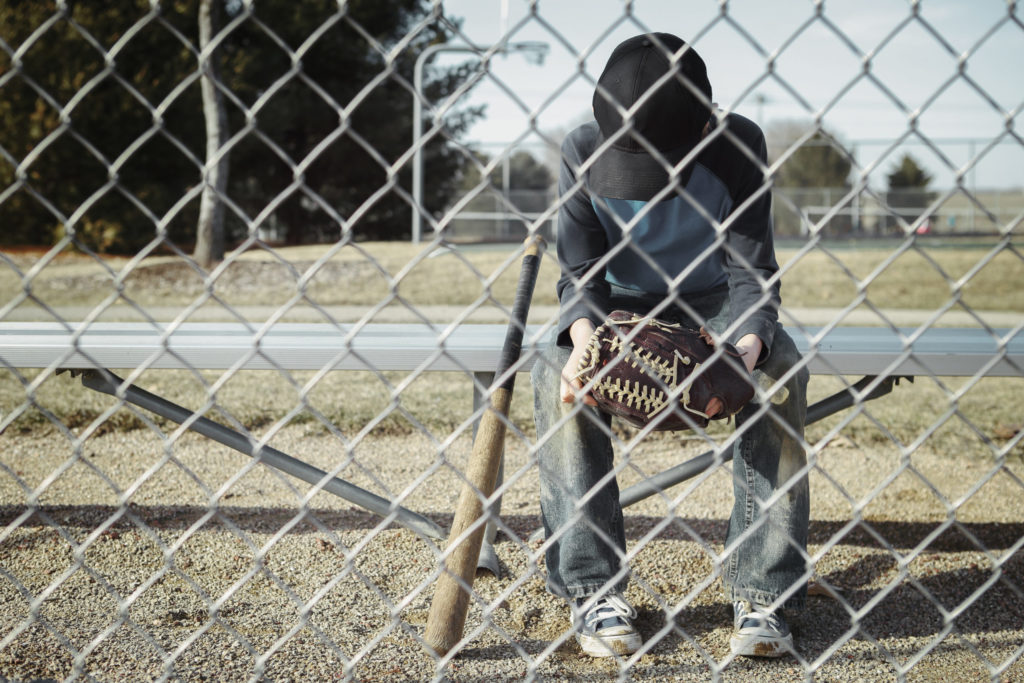Identifying Sports Kids Top Confidence Killers – Part 2
It’s critical for parents to understand ‘confidence killers. Athletes can’t achieve their potential without feeling confident and your atheletes must know how they are derailing their confidence.
In our May blog post, Identifying The Top Confidence Killers, parenting writer and Lisa Cohn and Youth Sports Psychology expert Dr. Patrick Cohn, co-founders of The Ultimate Sports Parent, covered the first 5 confidence busters. Here are the next five.
6. Having trouble letting go of negative experiences: “Whenever I make a mistake, I can’t stop thinking about it,” says one young athlete. All athletes have been through rough experiences. Great athletes, however, don’t let these experiences hinder their performance. They can quickly adapt and get past their mistakes, then focus on the moment. However, athletes who dwell on past mistakes often struggle with confidence issues and perform tentatively for fear of making more mistakes. For example, a skater may avoid a certain jump because last time she performed, she fell and scored badly.
7. Lacking confidence in method or mechanics: “I don’t think I’ve learned enough about tennis serves to do them well.” Kids and teens who don’t have confidence in their method, coaching or mechanics have trouble believing in their abilities. Many perfectionists think they must have perfect mechanics in order to perform well or win. When something does not feel just right, they may doubt their abilities.
8. Worrying about making mistakes: “I screwed up so badly during the last half that I’m really afraid of making any mistakes during this half of the game.” Athletes who focus too much on avoiding mistakes, often have doubt about their ability to perform well. After missing a few shots, falling down or otherwise goofing up, they try to avoid the same mistakes. These athletes might stop shooting if they miss two shots in a row, for example. The doubt consumes their thinking quickly. They don’t yet possess a stable level of confidence because their confidence fluctuates with every play.
9. Experiencing nagging injuries: “When I go into the game, I can’t stop thinking about how much my leg still hurts after injuring it a few weeks ago. I’m afraid I’ll trip or fall and get hurt again.” Unfortunately, injuries are a part of sports. When kids focus too much on the injury, they have a hard time performing their best. Their worries about not being 100% physically fit can cause their confidence to sink. Kids who aren’t 100% physically fit may use their injuries as an excuse to stop playing their best.
10. Experiencing poor pre-game warm-up: “I didn’t make even one goal when I was warming up. It feels like I’m just going to have a bad day playing.” Many athletes gain confidence from their practice and training. If they judge their warm-up harshly before playing, they lose confidence. They begin to think that a poor warm-up translates into playing poorly in the game. This is called a false overgeneralization. Their doubts start to sabotage their confidence before the game even starts and their worries become self-fulfilling prophecies.
Athletes and coaches should be aware of the top confidence killers. The next step in addressing confidence killers is to help kids take responsibility for their sports confidence.
Thanks for TeamSnap for this post.

